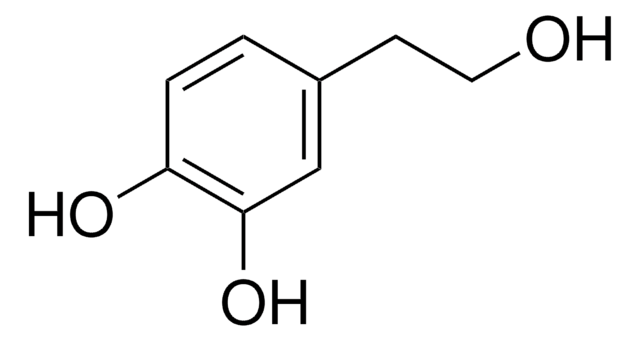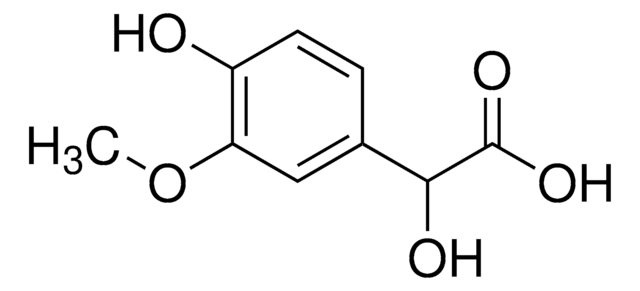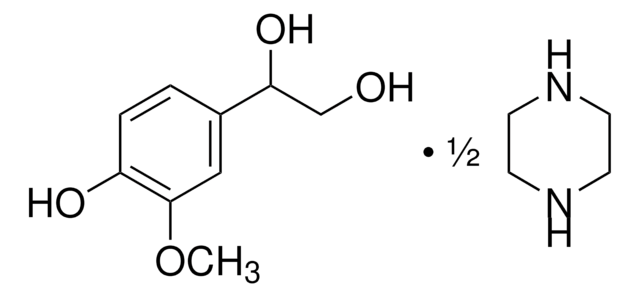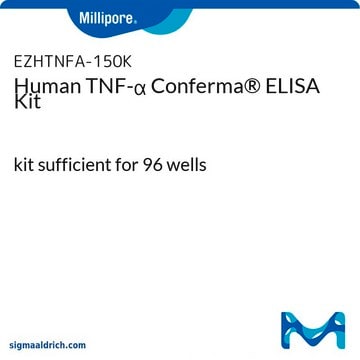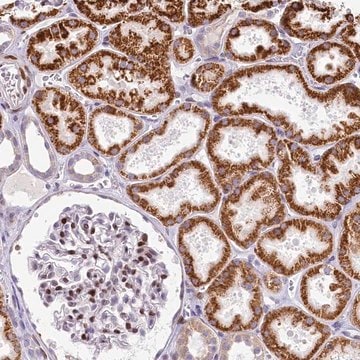D9753
DL-3,4-Dihydroxyphenyl glycol
Sinónimos:
DL-α,β,3,4-Tetrahydroxyphenethyl alcohol, DL-β,3,4-Trihydroxyphenethyl alcohol
About This Item
Productos recomendados
form
powder
Quality Level
storage temp.
−20°C
SMILES string
OCC(O)c1ccc(O)c(O)c1
InChI
1S/C8H10O4/c9-4-8(12)5-1-2-6(10)7(11)3-5/h1-3,8-12H,4H2
InChI key
MTVWFVDWRVYDOR-UHFFFAOYSA-N
¿Está buscando productos similares? Visita Guía de comparación de productos
signalword
Warning
hcodes
Hazard Classifications
Eye Irrit. 2
Storage Class
11 - Combustible Solids
wgk_germany
WGK 3
ppe
dust mask type N95 (US), Eyeshields, Gloves
Certificados de análisis (COA)
Busque Certificados de análisis (COA) introduciendo el número de lote del producto. Los números de lote se encuentran en la etiqueta del producto después de las palabras «Lot» o «Batch»
¿Ya tiene este producto?
Encuentre la documentación para los productos que ha comprado recientemente en la Biblioteca de documentos.
Los clientes también vieron
Nuestro equipo de científicos tiene experiencia en todas las áreas de investigación: Ciencias de la vida, Ciencia de los materiales, Síntesis química, Cromatografía, Analítica y muchas otras.
Póngase en contacto con el Servicio técnico
